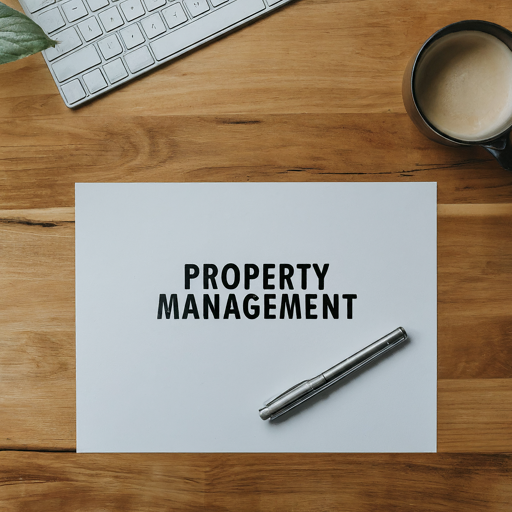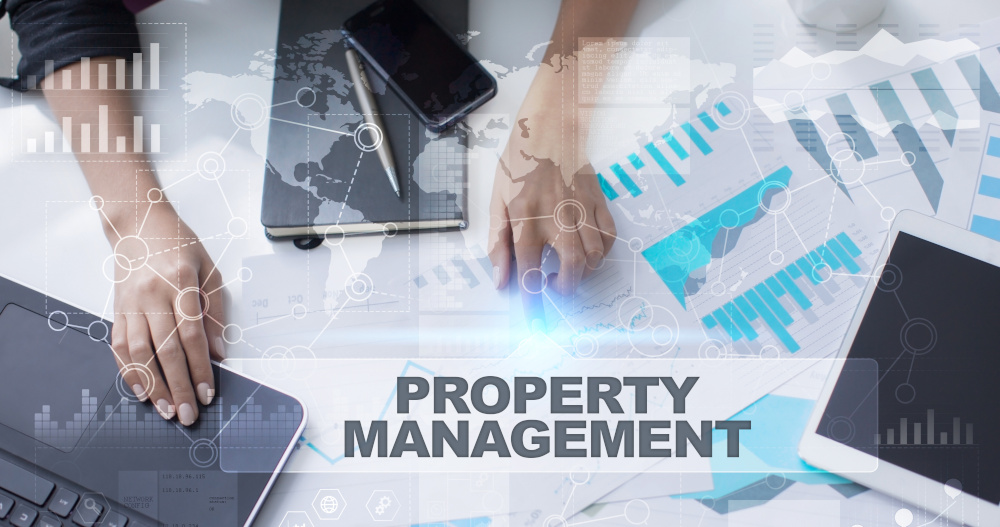How to Integrate Property Management Software with Real Estate CRM Systems
Maintaining an organization in the realm of real estate may be somewhat difficult. Real estate CRM (Customer Relationship Management) systems and property management tools then become quite useful.
While CRM solutions assist in managing your relationships with clients and possible tenants, property management software helps run your properties.
Combining these two technologies can help you to greatly simplify and speed up your job. Here's a basic how-to for doing exactly that.
Understanding the Need for Integration
One should first know why it would be advantageous before delving into how to combine these systems. Combining your real estate CRM system with short term property rental software guarantees seamless operation of all your data.
For instance, your property management system immediately changes when you change the information of a renter entered into your CRM.
This saves time and lessens errors from multiple data entries.

Selecting Suitable Systems
Not every CRM system or property management tool can interact with another simply. When considering choices, make sure the ones you decide upon complement each other.
While some systems are made to fit quite nicely with others, some might need additional tools or services to link them.
Methods for Effective Integration
1. Clearly describe your objectives
Choose first the goals you wish to reach with the integration. Perhaps you wish to simplify your handling of maintenance inquiries or track tenant correspondence.
Knowing your objectives helps ensure the integration serves your needs.
2. Choose appropriate tools
Should your present program not integrate well, you could have to search for integration tools to enable their connection. These instruments allow data to flow between your CRM and property management systems, functioning as a sort of bridge.
3. Organize the information flow
Choose which kind of data should be exchanged among systems. Typical information included in common data are renter information, payment records, and correspondence logs.
Using planning, one can ensure that the integration covers all required elements without needless complications.
4. Examine the Integration
Test the integrated system in your actual company to ensure everything operates as it should before implementing it.
Verify correct data syncing and the absence of duplicate or lost information. When you start implementing this step for real, it helps you prevent any major issues.
5. Train Your Team
Make sure everyone who will utilize these systems knows how to make coordinated use of them. Provide tools and instruction so they may become at ease with the new configuration.
This enables everyone to efficiently use the systems, therefore improving the running conditions of your company.
6. Track and Modify
Watch things closely after you begin to use the connected systems. You might uncover some places where it would be more suited. Prepare yourself to make tweaks to enhance the cooperation of your systems.
7. Improving client experience
Combining your real estate CRM system with your property management program will greatly improve the impression you give to your customers. Because all the information is easily available across platforms, integration allows you to respond to tenant questions and concerns faster.
Stronger bonds with your tenants are created by this simplified communication, therefore maybe raising their loyalty and contentment.
Further improving tenant involvement and satisfaction is the ability to offer tailored services or offers using the aggregated data from both platforms.

8. Routine Task Automaton
The automation of daily chores is among the main benefits of integration. When a new tenant is entered into the CRM, for example, their information can automatically fill the property management system, thereby configuring their lease agreements, rent schedule, and maintenance plan without human input.
Likewise, automatic payment reminders and receipts help to guarantee timely collections and lessen staff administrative work.
Apart from saving time, automation reduces the possibility of human error, therefore improving the dependability and efficiency of your processes.
9. Business Scaling
Managing more properties and customers grows more difficult as your real estate company expands.
As your company expands, integration between your CRM systems and property management program will scale.
This scalability guarantees that your systems can manage the higher load without performance compromise when you grow to new markets or add more properties.
Using integrated systems helps you to effectively scale your operations so that you may control expansion without sacrificing operational efficiency or service quality.
10. Privacy and Data Security
Data security and privacy must be given top priority when combining real estate CRM systems with property management tools. Both systems manage financial transactions and private data including renter personal information.
Maintaining against data breaches and illegal access depends on the integration following strict security standards.
Search for systems that provide compliance with pertinent laws including GDPR or HIPAA, encryption, and frequent security updates. This will protect your information and help your tenants and customers to keep trust.
11. Access Real-Time Data
Real-time data access made possible by the integration of your systems is quite valuable in the hectic real estate industry.
This ensures that any improvement done in one system is instantly reflected in the other, therefore providing the most recent information for all the stakeholders.
During important events including lease renewals, maintenance crises, or changes in rental property availability status, real-time updates are quite helpful.
Fast judgments and enhanced operational responsiveness might result from immediate access to current information.
Short Term Rentals using Integrated Systems
Using integrated systems helps especially if you oversee short term rentals. Short term property rental software meant to interface with CRM systems, for instance, can help you address maintenance problems all in one spot, track guest conversations, and manage bookings.
Managing short term rentals might thus be considerably simpler and more effective.
Conclusion
Running your real estate company will be much better if you could link your real estate CRM system with your property management program. It saves time, lowers mistakes, and improves your service to clients and renters.
These guidelines will assist you in ensuring that your integration is successful and advances the expansion of your company.